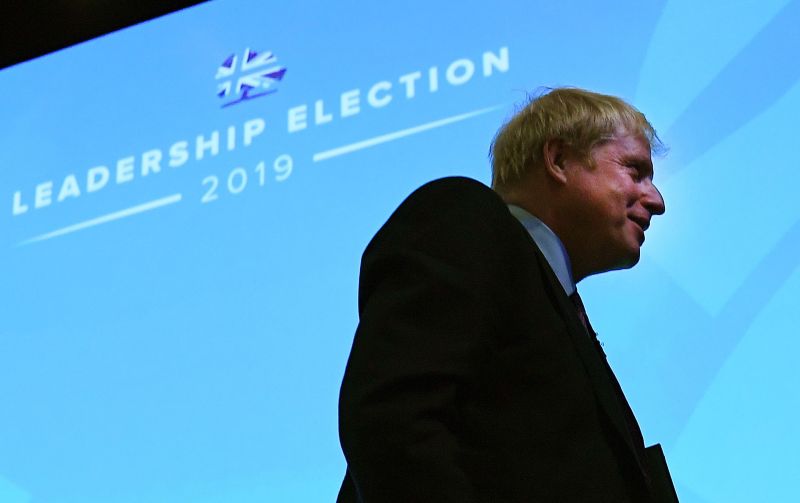
Rural communities are demanding major change from the next Prime Minister as a new survey paints a sense of deep frustration with Brexit and general countryside issues.
A major survey of over 3,000 people based in UK rural areas has found that only 8.5% of people think that life in the countryside has improved in the last 5 years.
Meanwhile, only 30% of people think the Conservative Party understands rural Britain, the Countryside Alliance survey shows.
It comes as the general membership of the party gets ready to elect either Boris Johnson or Jeremy Hunt as the new Tory leader and the next PM, with the result to be announced on 22 July.
But the survey, which took place between 7 to 17 June, has revealed a deep sense of frustration in Britain's rural communities.
One of the central tasks facing the next Prime Minister will be delivering Brexit.
The survey found that less than 5% of people think that the interests of rural communities have been promoted in the Brexit process so far.
It highlights the need to give greater importance to rural areas in the latest stage of the Brexit negotiations.
New agricultural policy is a top priority
Delivering a new agricultural policy emerged as the top priority for the next Prime Minister in the survey.
Farmers also frequently highlight the continued uncertainty surrounding the UK's terms of withdrawal from the EU, which farm groups say is causing 'serious implications' for rural businesses.
Tackling rural crime and anti-social behaviour were other priorities in the survey, and addressing the housing crisis in rural areas. Digital connectivity was a close fourth place.
Countryside Alliance Chief Executive, Tim Bonner, said the results should be a 'wake-up call' for the Conservative Party and the leadership candidates.
“The rural vote cannot be taken for granted and the next Prime Minister must set out a clear vision for rural Britain which aims to close the gaps with urban areas in opportunities, services, and public spending.
“The next Prime Minister must implement a sea change of thinking in government by ‘rural proofing’ all policies to ensure they are appropriate for people who live and work in the countryside and set out a rural strategy for England,” he said.
It follows a House of Lords committee calling for the establishment of a new Rural Strategy because communities in the countryside have been 'ignored' by successive governments.
Their report, released in April earlier this year, called for the government to develop a new agenda for the rural economy to address challenges and realise the potential of rural economies.
